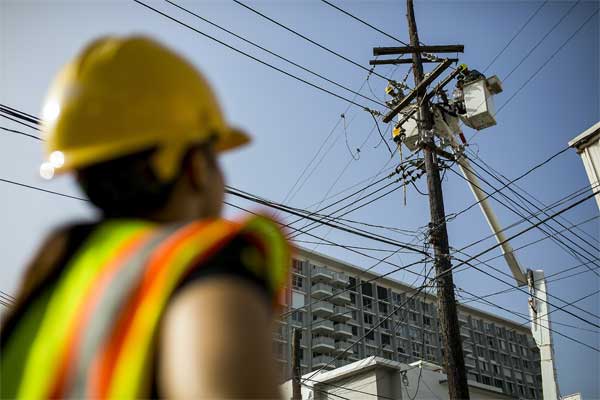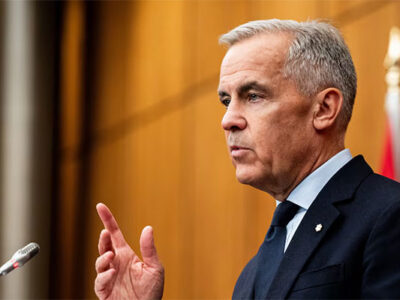The Governor of Puerto Rico, Ricardo Rosselló, moved to cancel a $300 million contract awarded to Whitefish Energy to rebuild part of the island’s battered power grid.
This, after facing withering criticism from members of Congress and the Federal Emergency Management Agency.
This is happening at a time when more than 75 percent of the Island residents are without power due to the destruction of hurricane Maria.
The governor asked Ricardo Ramos, the CEO of the Puerto Rico Electric Power Authority, to end the multimillion-dollar deal with Whitefish Energy.
Whitefish Energy is a small, for-profit company from Whitefish Montana.
The move came after criticism over giving such a crucial power project to a company with little presence on the Island, and that is located in the hometown of Trump’s US interior secretary Ryan Zinke.
WHile Zinke denies playing a role in the deal with Whitefish, its hard to notice that before the hurricane hit the island, the company had only 2 full-time employees. After the hurricane, the company has since hired over 300 workers.
Whitefish says its uniquely qualified for the project due to its CEO’s experience with “rugged and remote” terrain.
The Puerto Rico Electric Power Authority, which is currently bankrupt, says it went with Whitefish because they could start working the fastest for less money, while other companies required large upfront payments.
Interestingly, the Whitefish contract says that FEMA cant review pay rates and other terms of the agreement. The contract also claims that FEMA signed off on the terms of the contract, but FEMA says it hasn’t approved anything.
The Wall Street Journal reports that the Federal Bureau of Investigation (FBI) is investigating the decision by Puerto Rico’s power authority to award the contract to Whitefish Energy.
With this chaotic situation behind, hopefully, the island can have its power restored very soon.












Comments